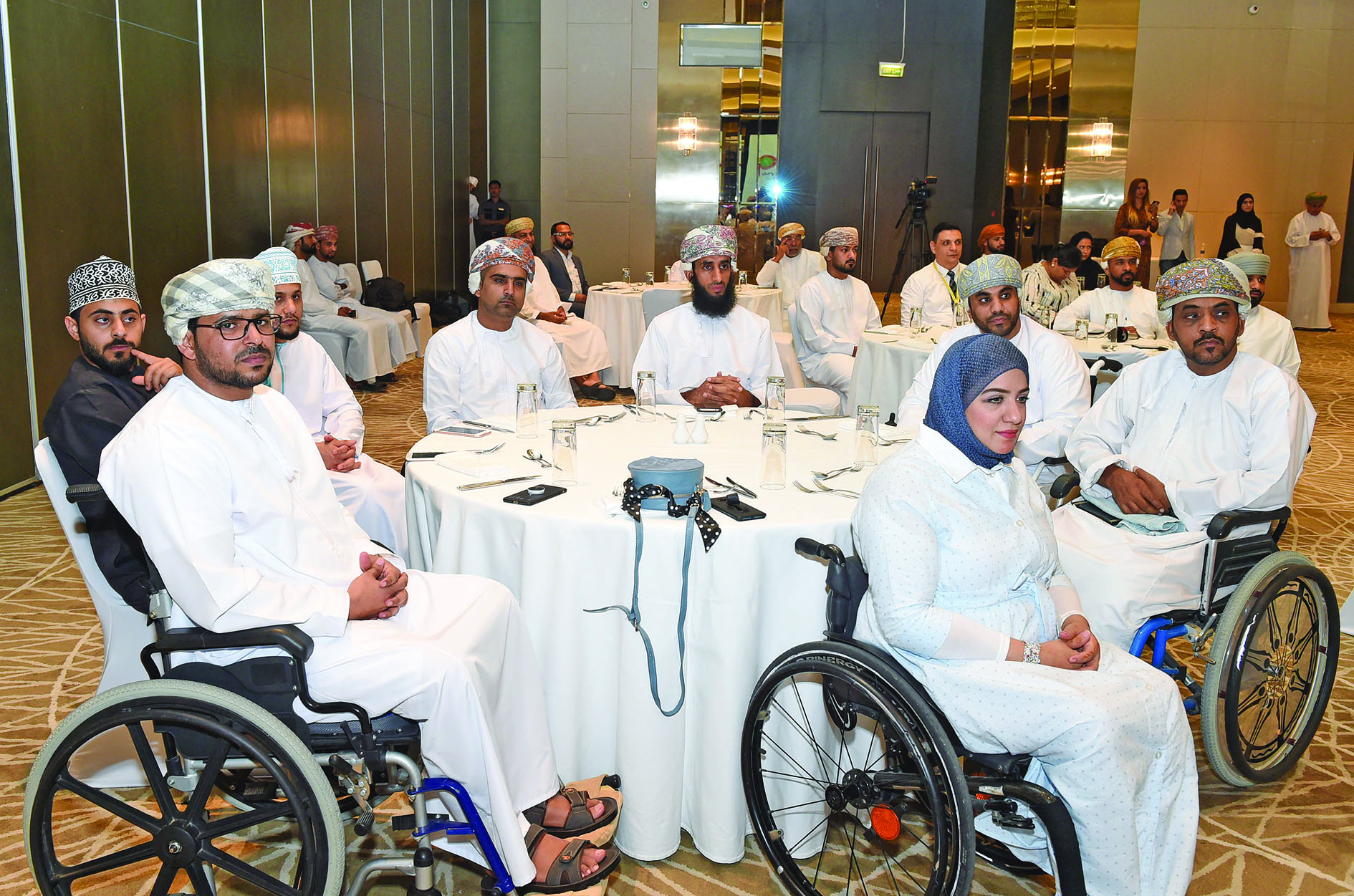
Muscat: The number of people with disabilities working in the private sector is set to increase, thanks to a new initiative.
There are currently 6,700 people with disabilities working in the private sector according to the Ministry of Civil Services, who have launched the new programme set to train and employ people with special needs.
In cooperation with Assas Muscat and Oman’s Association for the Disabled, the forum, titled ‘Kaderoon’ which is Arabic for able, involves training, rehabilitating and employing people with disabilities.
Speaking to Times of Oman, Maryam Al Farsi, head of the organising committee said, “Our main goal at society level is to move the idea of integration from a theoretical point of view into a practical application by alerting the community to the importance of persons with disabilities and highlighting their right to integration and interaction with other members of society.”
Abdullah Al Aqadi, head of the training department at the Ministry of Civil Service told Times of Oman, that he hoped more companies would support this initiative.
“This is the first forum of its kind, and we hope to make this an annual event. We would ask all the agencies in the private and public sector to support this initiative.”
“This year, we spoke to approximately 47 private companies, however only a small number them agreed to support and participate in the forum. So in the future, we hope to have more companies join. With regard to the ministries, we invited them all to attend,” added Al Aqadi
According to the Ministry of Civil Service, as well as the 6,700 people with disabilities working in the private sector, 2 per cent of all new employment opportunities in the government sector is allocated to those with extra needs.
The forum, which will be held from June 17 to 18 ,2019 at Grand Hyatt Muscat, aims to integrate people with special needs into all areas of work. This will be achieved by finding suitable jobs, applying the principles of equality and developing their abilities, thus reinforcing their self-esteem and guaranteeing a decent life within society.
Explaining how the process of training and employment will take place, Al Aqadi added, “The company has sourced 60 jobs from the private sector and created a link where the person with special needs can register and upload their CV’s and select the type of disability they have. Once registration is done, the person with a disability will be matched with the appropriate job based on the job description or the skill of the employee.”
The forum targets the following categories: governmental entities; public and private companies; banks; universities; public and private hospitals; charitable institutions and training and rehabilitation centres.
Training opportunities
In line with the plans by Asaas, 100 training opportunities were made available by the Gulf Technological Institute. Additionally, four scholarships were also provided for Diploma and Graduate studies.
According to Abdullah Al Balushi, member of the Omani Association for Disabled, they are expecting a large turnout of disabled people at the forum, “We have invited people from various governorates such as Sharqiyah, Buraimi, A’Dhakiliyah and Batinah to participate.”